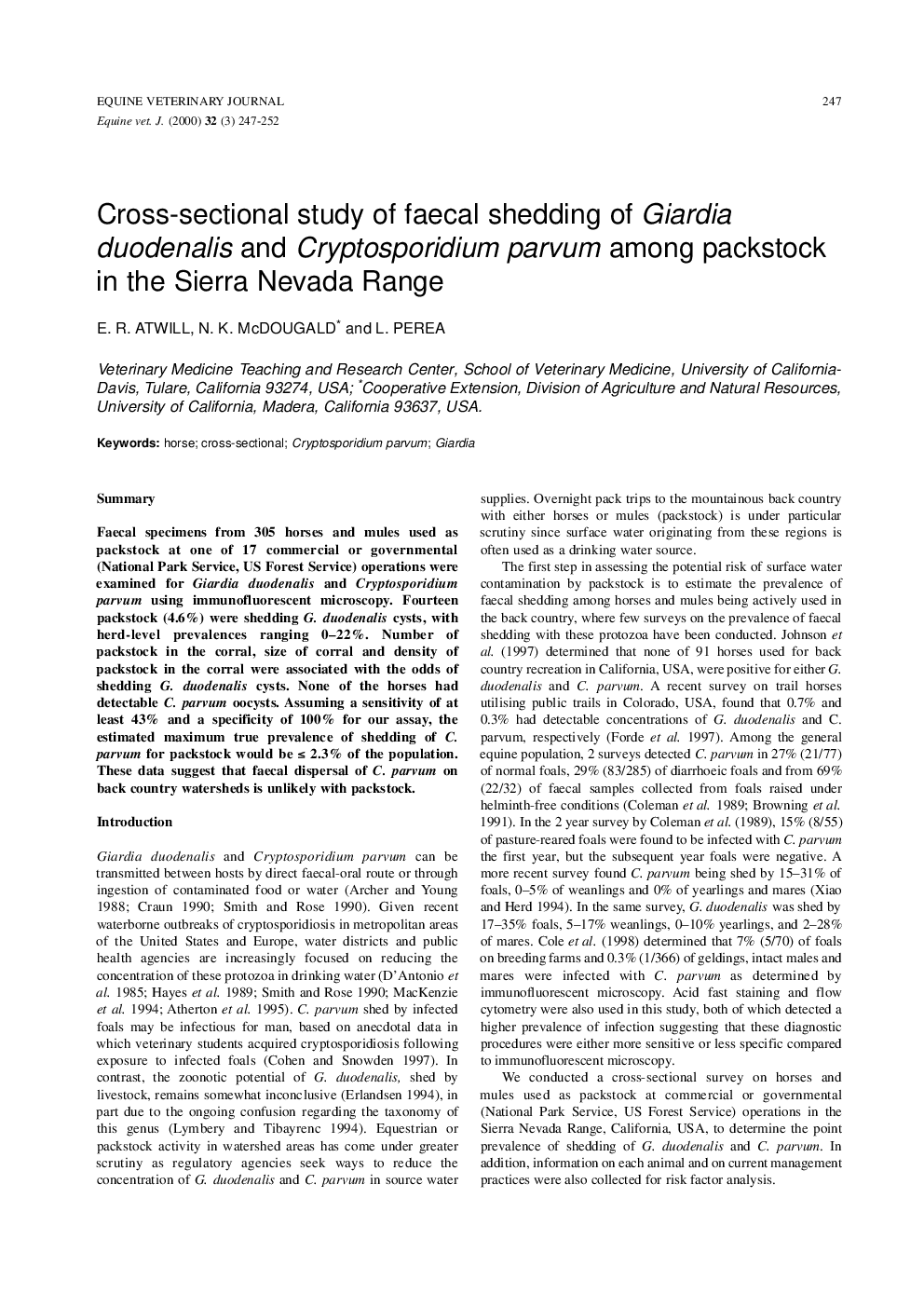| Article ID | Journal | Published Year | Pages | File Type |
|---|---|---|---|---|
| 7584781 | Food Chemistry | 2018 | 6 Pages |
Abstract
This study investigates the anti-allergic properties of peanut skin polyphenols (PSP)-enriched peanut (PN) protein aggregates. PSP was blended with PN flour at concentrations of 5, 10, 15, 30, and 40% (w/w). Rat basophil leukemia cells (RBL-2H3) were sensitized with either anti-DNP-IgE or PN-allergic plasma followed by co-exposure to unmodified PN flour (control) or PSP-PN protein aggregates and Ca2+ ionophore, ionomycin. Immunoblotting and staining were performed to measure the IgE binding capacity of PSP-PN aggregates. Results showed that 30% PSP-PN aggregate significantly reduced β-hexosaminidase and histamine levels by 54.2% and 49.2%, respectively compared with control. Immunoblotting results revealed 40% PSP-PN aggregates significantly decreased IgE binding by 19%. The phosphorylation of p44/42 MAPK was significantly reduced while phosphorylation of p38 MAPK and SAPK/JNK increased upon PSP-PN protein aggregate exposure to the cells. Our results show that aggregation of PSP to PN proteins reduces allergic response by inhibiting Ca2+-induced MAPK-dependent cell degranulation.
Related Topics
Physical Sciences and Engineering
Chemistry
Analytical Chemistry
Authors
Rishipal R. Bansode, Nathalie J. Plundrich, Priscilla D. Randolph, Mary Ann Lila, Leonard L. Williams,
